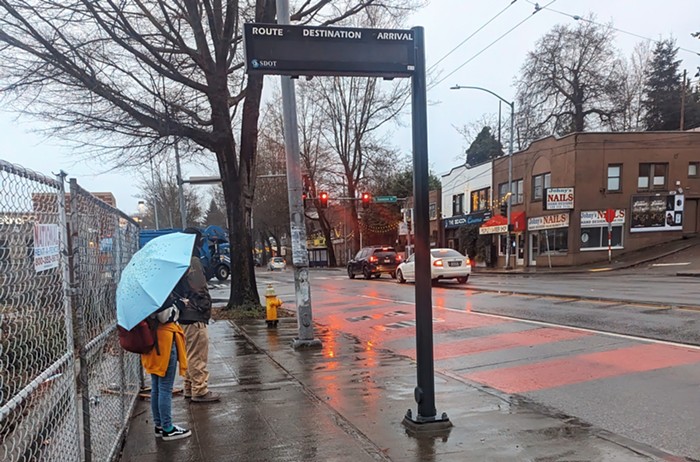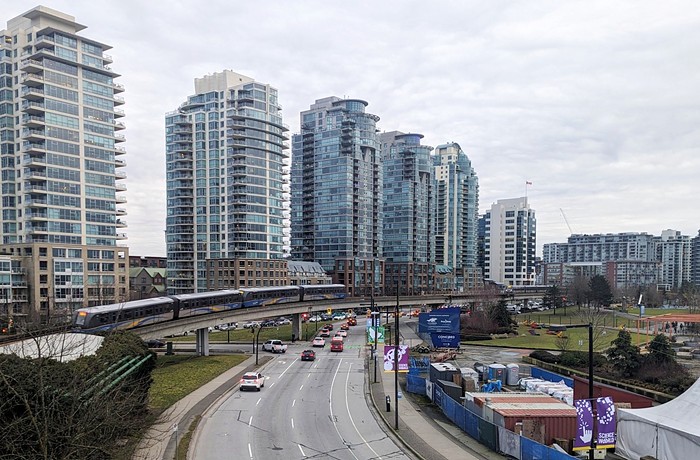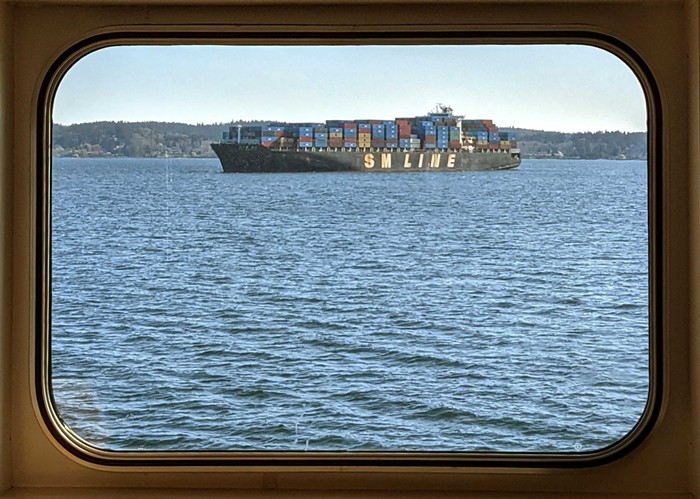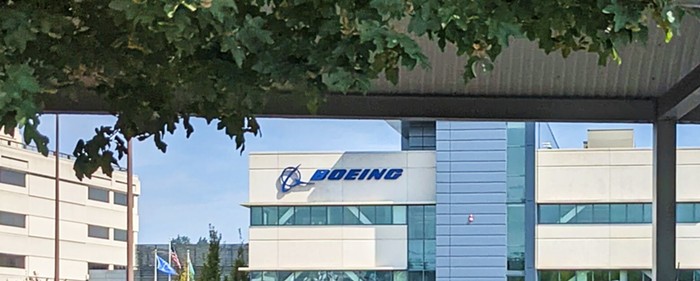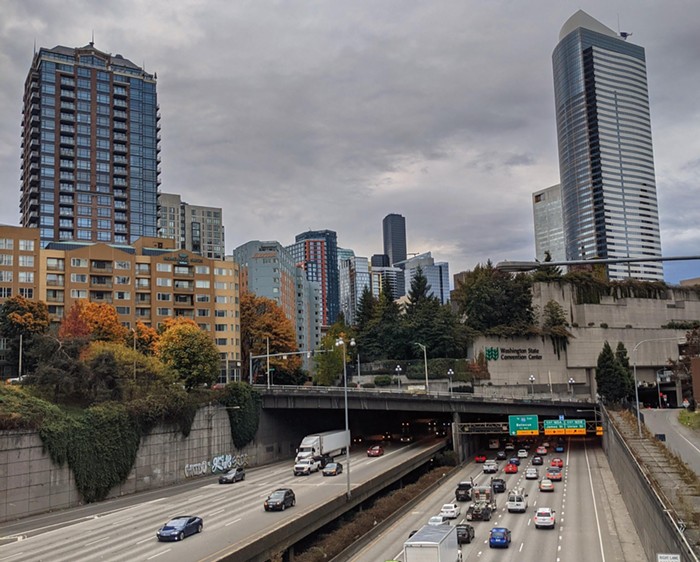
I want Link trains that run at later hours than 12:35 a.m. (the time the last train leaves the University of Washington Station), and so do the fine people at the Transit Riders Union, and there is even an online petition for the expansion of Link's hours. Composed by Matthew Powell, the petition states:
While this is an excellent addition, the last service both to and from these areas is before 1AM. Most bars close at 2AM, leaving riders to take a taxi or rideshare back, so instead some people choose to drive—and then drive home drunk. Expanding service until 2:30AM on Fridays/Saturdays and 1:30AM on other days would not only help decrease drunk driving but likely be cost effective given the high demand of Seattle's excellent bars...Relevant to this discussion is Emily Pothast's essay on the dangers of our car-dominated society. Also, Katie Wilson, the general secretary of the Transit Riders Union, has pointed out that it's not just about getting drunks home safely, but also many people need affordable ways to get home from work at late hours of the night.
Paul Denison, Sound Transit's light rail operations director, would also love to run trains all night, but he can't because he and his team need those hours, between 1:15 a.m. (when the last train is out of the system) and 4:15 a.m. (when the first train enters it), for maintenance and checks. He says that it's not about the tracks. The tracks are fine and will be so for a very long time. It is about Link's software and hardware. "In our computerized world," he explained to me recently, "all of the safety systems are managed by programs, microchips, and by-directional amplifiers. In order for me to take those systems offline, just to do upware or some software tests for, say, the variable message signs, I can't do that if people are on the system anywhere… The maintenance window is very small. There is no other safe way around it. I need that brief window of time to check things." There are also physical forms of checks and maintenance work that must be done on the line.
Denison did point out to me that the light rail in Minneapolis, where he last worked, addressed this time problem by running a bus at late hours along the closed line's route. He did not want to speak for Metro, however; he just wanted to show how other systems have dealt with this important issue.
But what is all of this about? The fact is we need more tracks, and a denser network of trains and stations. Right now, we have only one track, and we are a city that's growing not only spatially but also chronologically. A big city never really sleeps, and we need a public transportation system that also never really sleeps. But this means more tracks, more trains, more stations. And we need these things sooner rather than later. But the exact opposite is happening in Seattle: We are getting them later rather than sooner. Why? My man Josh Feit states the matter plainly in an excellent post called "Why Is Sound Transit Proposing a Light Rail Plan That Won’t Be Ready for Another Quarter Century?" The slowness of Link's development has more to do with politics and economics than physical constraints.
What the details boil down to is this: We are still very much in the teeth of an age that's politically dominated by the car industry. Every effort is being made politically to slow down the needed transformation of our and other cities. Sound Transit is more worried about voters than geography. And voters can be (and often are) easily swayed by those who see no good in public transportation programs and investments. A sharp increase in a city's number of trains or dedicated bus lanes will naturally mean a sharp decline in the number of people owning or using cars. This might be a rational situation for the world as a whole, but it's irrational for the producers of SUVs and other forms of transportation that are aggressively leading the carbon liberation movement.
Sign the petition for late hours because we need all of the political force we can get to counter this politically induced slowness.

